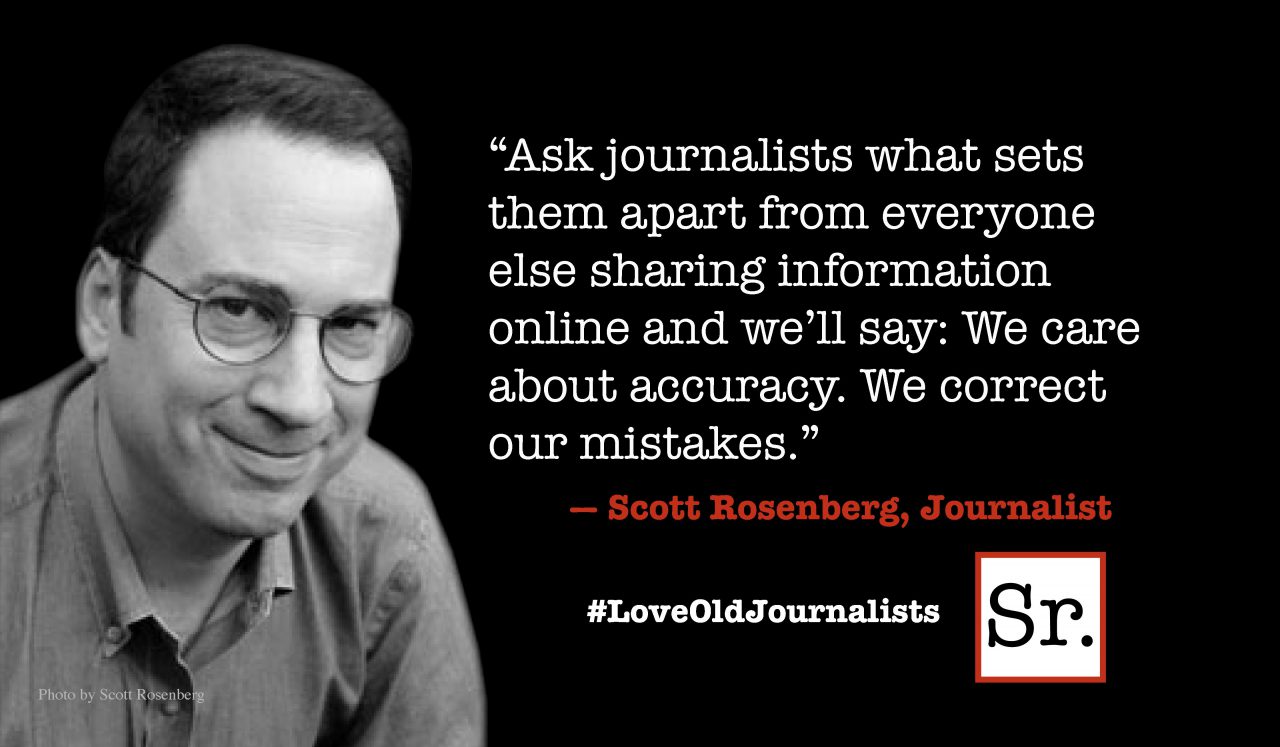“Stupid.”
That’s not a word we use very often when we’re talking about somebody else. In fact, it’s one of those words we tend to reserve for ourselves.
“Sharon, how stupid can you be?”
“Boy, were we stupid to fall for that one …”
While it’s not that bad a word, I think I remember hearing my mother tell me it “wasn’t nice” to call someone stupid.
But how many times can you remember telling yourself that, with that little voice in the back of your mind?
“How stupid of me not to see that the housing market was going to crash.”
“How could I be so stupid not to be watching what was in my retirement funds?”
We also seem to use the word most often when we’re talking (or thinking) about money and finances. So let’s look at the concept of “financial stupidity.”
Financial Stupidity
When the world economy collapsed in 2008, there had been plenty of signs picked up by those who watch financial and economic markets. The housing bubble had burst in mid-2006 … but government and financial experts kept reassuring us it was nothing … and it was easier to believe them.
Then we had the sudden collapse of two Bear Stearns hedge funds in June 2007 and all sorts of consolidations, remember? Banks and other financial institutions started eating one another up. (How many times did the name of your bank change?)
But, despite the whispers about brokerage houses like Lehman Brothers struggling and noises about Freddie Mac and Fannie Mae being crippled, few were listening. And the perception of prosperity that many Americans had enjoyed for years would turn into a different — and bitter — reality: we had spent, borrowed and fooled ourselves into a false sense of security.
We wanted to believe that if there was prosperity at that moment, it would last forever. But it didn’t.
There was plenty of financial stupidity to go around.
Moving on From Stupidity
Few of us have remained untouched: millions lost their jobs, equity in homes evaporated, foreclosure rates skyrocketed and retirement savings collapsed. And despite the passage of time — and trillions of dollars thrown at the problem — many are still hurting.
Many of those who aren’t hurting enjoy one major differentiating factor: they called themselves “stupid,” beat themselves up momentarily, looked for the lessons to be learned and forgave themselves. Then they reinvented themselves in ways that reflected the new economic reality and moved on.
Staying trapped in guilt or anger serves no purpose. Holding on to things that were unaffordable in the best of circumstances — when those circumstances have not (and probably will not) return — is a recipe for even more pain.
Where in your financial life are you stuck in the “stupid zone,” still blaming yourself for not seeing what most everyone else missed too? Where have you not allowed yourself to move on, to a new solution that works in this still undefined economy?
If you find anything, stop. Define the lesson. Forgive yourself. And let it go.
No doubt we’ll still hear ourselves saying “how stupid can I be” in our heads as we move forward. Maybe that’s human nature. But don’t ever let that become a belief that paralyzes you. Remember: stop, define the lesson, forgive yourself and let it go.
Let me know in the comments section below what you’ve been able to “release” since the economic tsunami that hit us almost four years ago …









